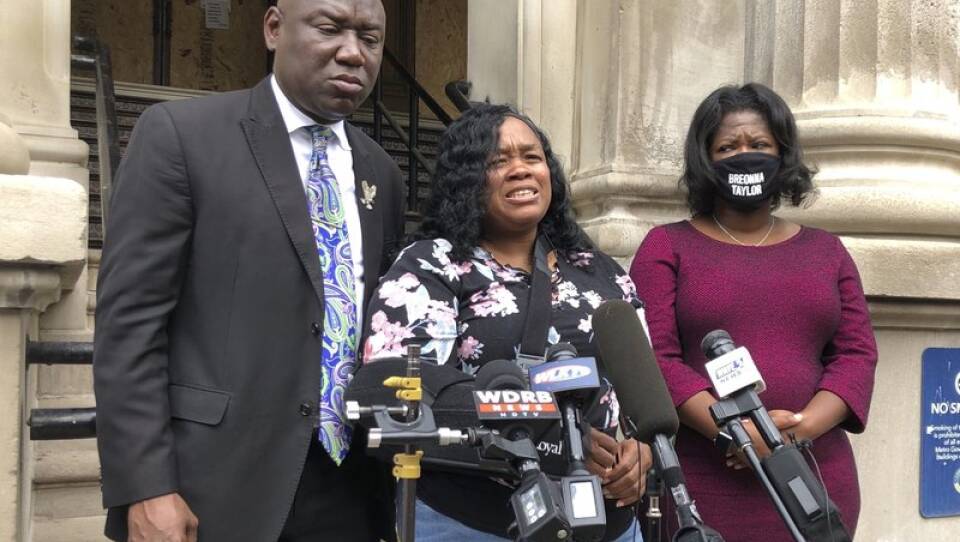Let’s call it what it is: blood money. Officially, the city of Louisville settled a wrongful death suit with Breonna Taylor’s family, in an agreement to pay the family $12 million and to implement several significant and specific police reforms. The settlement comes six months after Taylor’s killing in the botched execution of a no-knock warrant.
Louisville Mayor Greg Fischer emphasized the importance of the settlement and its timing, saying, “When you know what the right thing to do is, you do it. Why wait?” Still, none of the officers involved have been charged, though one, Detective Brett Hankinson, has been fired. And the settlement allows the police department to escape admission of guilt.
But few would argue that the size of the settlement — the largest ever in Louisville and one of the largest in the country — is tangible acknowledgment, if not an admission, of wrongdoing. Recognition that shooting Breonna Taylor to death with five bullets should not have happened during that middle of the night raid, looking for drugs they never found.
I wonder when taxpayers across the country will see this $12 million settlement and others like it, and finally figure out the hidden cost of police misconduct. These settlements are draining city coffers. In 2015, the Wall Street Journal reported that 10 of the largest police departments collectively paid out nearly $300 million for lawsuits, alleging “beatings, shootings and wrongful imprisonment.” And another 2015 investigation by The Boston Globe revealed Boston paid out more than $36 million over the previous decade to settle legal claims and lawsuits against the Boston Police Department.
Experts say it would have been more, had the cases gone to court. I don’t understand why cities continue to pay to protect these violent perpetrators, the so-called bad apples. How many civic services are shortchanged because cities keep shelling out what is essentially cover-up money? No wonder the movement to defund the police is gaining strength.
But even though these settlements are common now, they usually take years to settle, not months. I’m certain the Taylor family settlement was drawn up so quickly because of the more than 100 days of protests in Louisville and the ongoing Black Lives Matter demonstrations. Both wove Taylor’s story into the national narrative about excessive use of force by police. Also keeping her name in the public eye, powerful allies from entertainment and sports — like Boston Celtics guard Marcus Smart, who used a media availability to answer every question with “Justice for Breonna Taylor.”
It is a first that the Taylor settlement mandates concrete steps for Louisville police policy changes, such as community-related policing programs, and reforms for both search warrant and police accountability.
But, Tanika Palmer, Breonna Taylor’s mother, says the reforms and the $12 million do not equal justice for her daughter. She says, “It’s time to move forward with the criminal charges.” She’s right. Justice delayed is justice denied.





